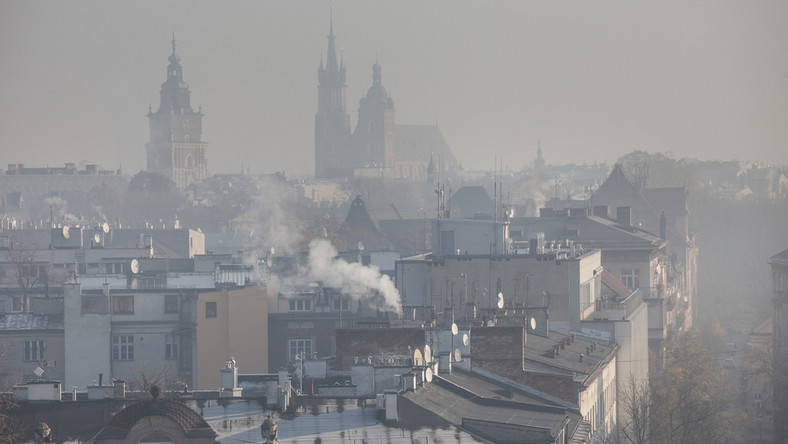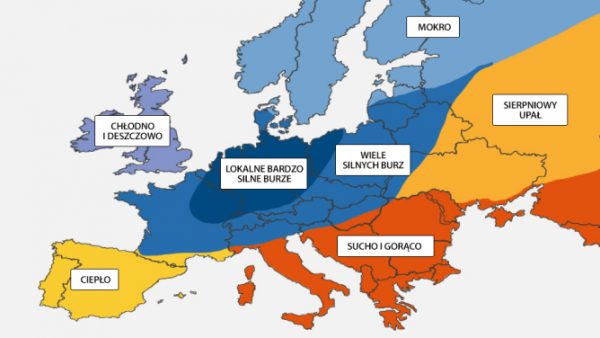Life /
Owning a house in true countryside of Poland - stories [692]
I wonder if those cottages are expensive for local Polish people? Can they afford them?
Well, certainly you can`t buy one with a one month salary. :)
I can`t tell you whether they are expensive or not because it is relative. One thing is certain - the older and more run down, the cheaper they are. And the further from the city, too. We bought ours for a certain price and then we had to invest the same amount to turn it into a comfortable place for the whole family. Originally, there was only one bedrooom, now 5. (Mind, I also count "the living room" as bedroom).
Far better to renovate, that way all the character of the cottage is preserved.
Yes, when I had the windows changed, I kept the pattern of the old ones. When I had the floor in the hall tiled, I had bought tiles which looked like the old PVC flooring. The colours of the hall are also like original. Only the new rooms are completely different. :)
It is about 50.
Now that can't have been Dougpol1 with his labrador because you said hello, plus you weren't on a beach ;)
No, it wasn`t Dougpol cause the man was young. When he first went by, I was doing sth behind a big bush so he didn`t see me. When he was coming back, I was on the drive and he greeted me. He sounded too joyful and assertive to be an accidental hiker, I guessed he was one of my neigbhours` son.
Yes, it is in the outback, if I want to meet a human, I have to walk a few hundred meters towards the village.
Sounds idyllic doesn't it, but for sure, there's a lot of work involved.
A lot of work but I like it. It allows me to stop those racing thougths about new riddles which are my obsession. hahaha. And I prefer it to going to the gym - at least I do sth useful in the fields and get reward from it. :)




